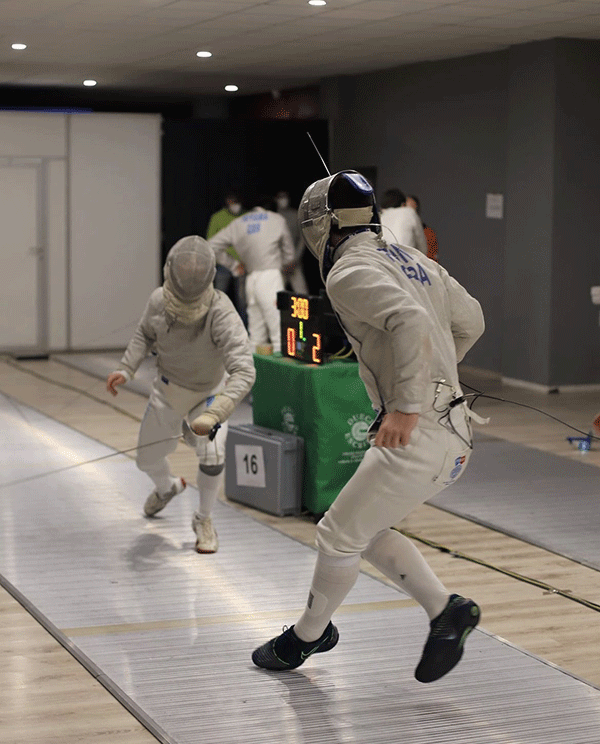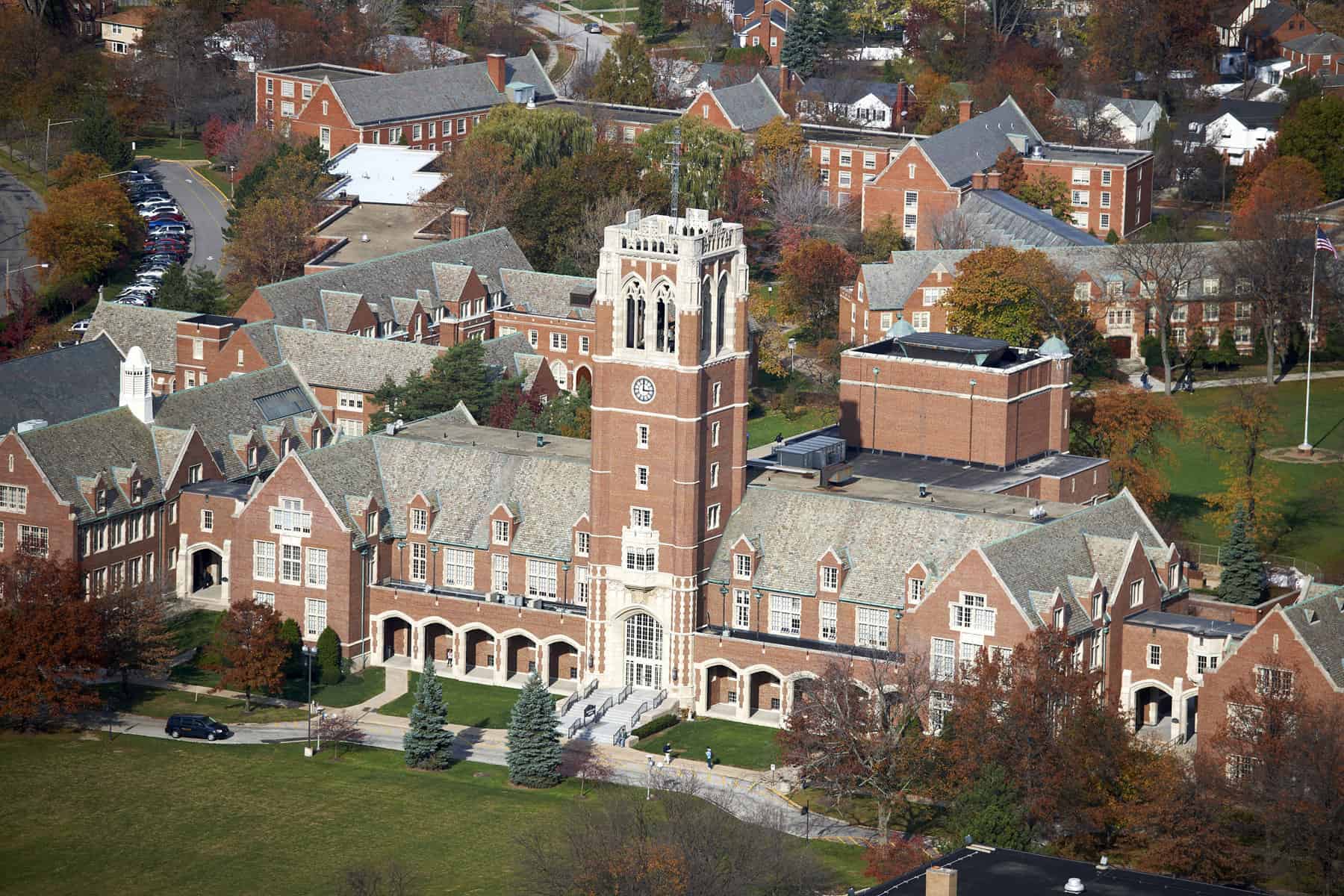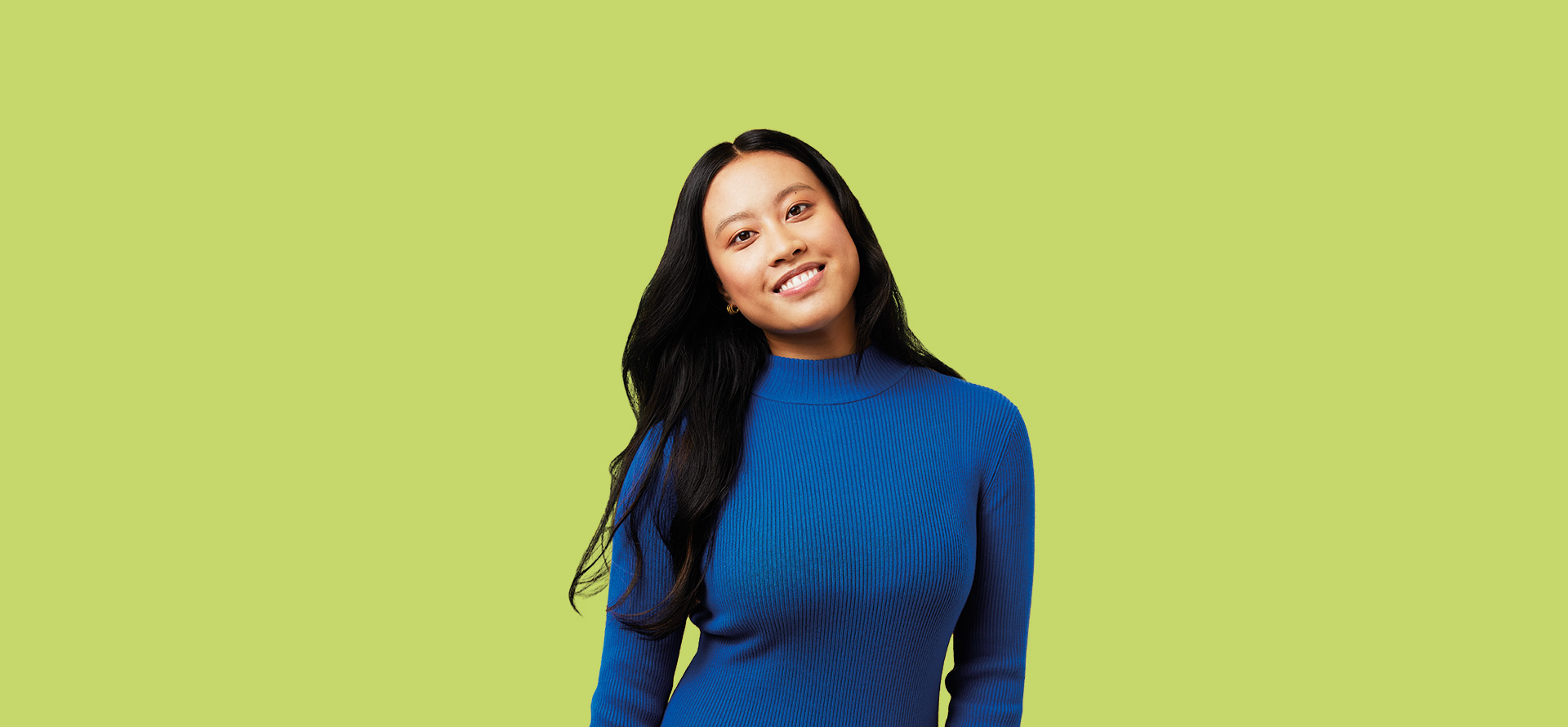Matteo, student and elite athlete, always giving the best of himself
Published on 05/24/2023
Thematics :
Matteo, student and elite athlete, always giving the best of himself
Published on 05/24/2023
Matteo Pons, a fencing enthusiast from a very early age, joined Global BBA programme on NEOMA Paris campus last September. He talks about his background and how he manages to balance his studies with 15 hours’ training per week and taking part in competitions.
I discovered fencing during a nursery school fair and was immediately hooked. But I had to wait until I was 6 to start. At the beginning, it was mostly games and fun activities based on coordination, I imagined myself as a pirate and a knight, so I really enjoyed it from the start!
Then I started training twice a week, I started to take it seriously, my fellow fencers became my friends, and I enjoyed going more and more. The level got higher, and fencing became less and less of a leisure activity. I had to devote more time to training and began one-to-one lessons with my fencing coach who made me work on the moves I didn’t like to do so much and helped me improve my weak points.
By the time I was 14, I was doing between 10- and 15-hours’ sport per week. At high school, my teachers were really demanding, and the workload was heavy. It was quite difficult to balance training and studies, especially in my final year, because I was competing regularly at events all over France. We’d leave on Friday afternoon and my school wasn’t always helpful, so I had to find my own solutions to catch up the classes I missed.
Today, I train for 15 hours a week. I missed a few classes at the start of the year but after talking to my teachers, we soon found a solution to allow me to continue training and catch up my classes. I don’t have any special arrangements, but my absences are not a problem as long as I didn’t fall behind. And when I have to leave for a competition, we speak and I send the required justification so everything is fine.

Sport has taught me to push back my own limits and to control my emotions because at the end of the day you are on your own on the piste, even if your coach is giving you advice and your supporters are with you, you’re the one who has to make the decisions. I’ve learned to take responsibility because during the match it’s up to you to find solutions and fight to win, there’s no place to hide.
Travelling to competitions has also made me more independent and self-reliant. Thanks to sport, I’ve travelled a lot in France and have been abroad twice, to Romania and Canada where I was lucky to spend a week training with the Canadian senior national team who were training for the world championships. Each trip has provided an opportunity to discover different cultures and mentalities, which is very rewarding.
Doing so much sport can have a negative effect on your studies because you have less time to work and a higher level of fatigue. But these constraints help you to develop other skills. Sport has given me a sense of rhythm, helped me to be more organised and to develop a higher capacity for concentration. I’m a born competitor and I always give everything despite external factors such as fatigue or pain.
I would like to carry on for as long as possible. Next year, I’m going on academic exchange to the United States, to John Carroll University in Cleveland, and I’ll do everything I can to find a fencing club;
Plus, at my home club, ASA Escrime de Maison Alfort (94), which is like a small family, the commitment of all the volunteers who train and support us has left a great impression. The older and younger members really help one another and there is a constant desire to help everyone progress. I grew up with this passion for transmission and it is now my turn to pass it on it to the younger members, in particular the 3–6-year-olds who I coach.





